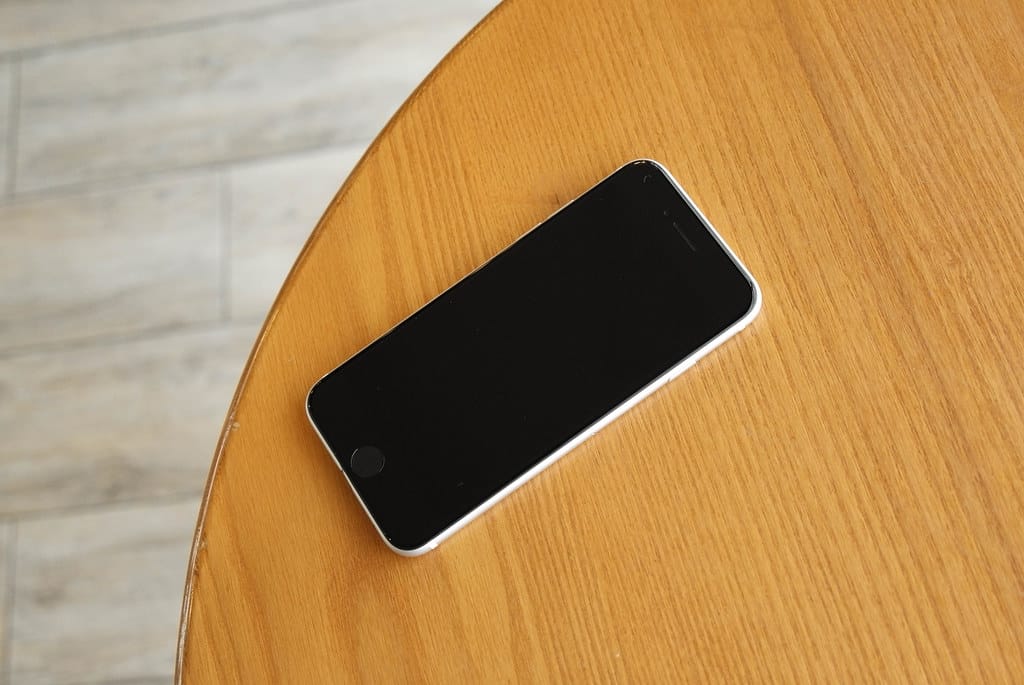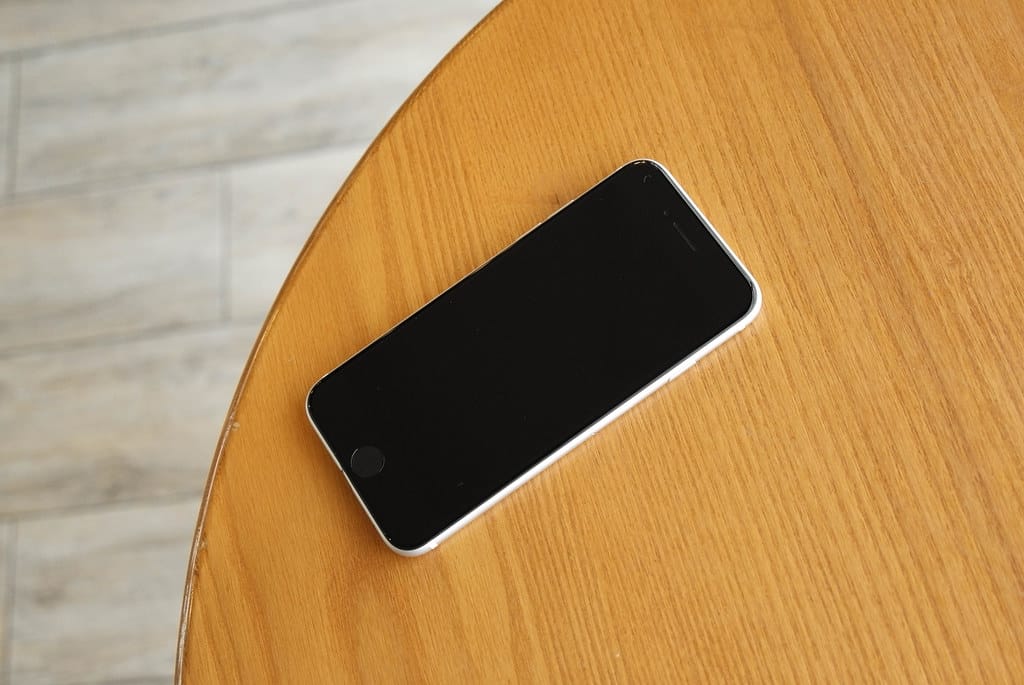Tim Cook's Bold Vision: Why Apple's CEO Says "It's Difficult To See a World" Without iPhones
In a world where smartphones have become extensions of ourselves, Apple CEO Tim Cook recently made a statement that stopped many in their tracks. Speaking about the ubiquity of Apple's flagship device, Cook declared it's "difficult to see a world" without iPhones – a bold assertion that reflects not just corporate confidence, but a fundamental shift in how we interact with technology and each other.
The Statement That Sparked Global Conversation
Cook's remarks, delivered during a recent interview, weren't just corporate bravado. They represented a moment of reflection on how profoundly the iPhone has transformed society since its 2007 debut. With over 1.2 billion active iPhone users worldwide, Cook's vision of an iPhone-dependent world isn't hyperbole – it's increasingly reality.
The statement comes at a time when Apple continues to dominate premium smartphone markets globally, holding approximately 20% of worldwide market share while commanding over 50% of profits in the smartphone industry. This dominance extends beyond mere sales figures into cultural influence and technological dependency.
Beyond the Device: The iPhone Ecosystem Revolution
Transforming Daily Life
Cook's perspective becomes clearer when examining how iPhones have fundamentally altered human behavior. From mobile banking and navigation to health monitoring and professional communication, the device has become central to modern existence. Recent studies show the average iPhone user checks their device 96 times daily, spending over 7 hours interacting with various apps and services.
The COVID-19 pandemic further cemented this dependence. Contact tracing, vaccine passports, remote work capabilities, and telemedicine all relied heavily on smartphone technology, with iPhone users representing a significant portion of this digital transformation.
Economic Integration
The iPhone's influence extends deep into global economics. Apple's App Store alone generated $85.1 billion in revenue for developers in 2022, creating an entire economy around iOS applications. Small businesses, content creators, and service providers have built sustainable livelihoods within Apple's ecosystem.
Consider the gig economy: rideshare drivers, food delivery workers, and freelance professionals rely on iPhone apps for their primary income. This economic integration makes Cook's statement less about corporate pride and more about recognizing genuine societal dependence.
The Innovation Pipeline That Powers Dependence
Continuous Evolution
Apple's strategy isn't just about maintaining current users but expanding dependency through innovation. The iPhone 15 series introduced USB-C connectivity, enhanced camera systems, and improved AI capabilities, ensuring the device remains indispensable for both personal and professional use.
The integration with other Apple products – from AirPods to MacBooks to Apple Watches – creates what industry analysts call a "sticky ecosystem." Users become increasingly invested in Apple's interconnected world, making migration to competitors practically and financially challenging.
The Services Revolution
Cook's confidence also stems from Apple's services transformation. iCloud storage, Apple Music, Apple Pay, and the App Store create recurring revenue streams that extend far beyond hardware sales. These services generated $85.2 billion in revenue for Apple in 2023, representing nearly 25% of total company revenue.
Implications and Industry Response
Competitive Dynamics
Cook's statement hasn't gone unnoticed by competitors. Samsung, Google, and other smartphone manufacturers have intensified efforts to create compelling alternatives and break Apple's ecosystem lock-in. However, Apple's integration strategy and brand loyalty continue to present significant barriers to switching.
Regulatory Scrutiny
The comment also highlights ongoing regulatory concerns about Apple's market power. The European Union's Digital Markets Act and similar legislation worldwide aim to reduce big tech dependency, potentially challenging Cook's vision of an iPhone-centric future.
Looking Ahead: A World Built Around Cupertino
Tim Cook's assertion about iPhone indispensability reflects a broader truth about modern technological dependence. Whether through design, ecosystem integration, or simple habit, millions of users worldwide have indeed built their digital lives around Apple's flagship device.
As we move toward an increasingly connected future with augmented reality, artificial intelligence, and Internet of Things integration, Cook's vision may prove prophetic. The iPhone isn't just a communication device – it's become the central hub for modern digital existence.
The question isn't whether Cook is right about our iPhone dependence, but whether this level of technological centralization serves society's best interests. As we navigate this reality, understanding our relationship with these devices becomes crucial for both consumers and policymakers shaping our digital future.

